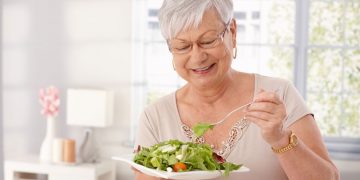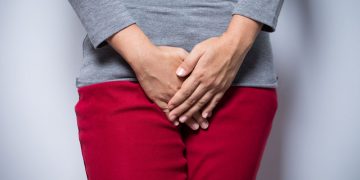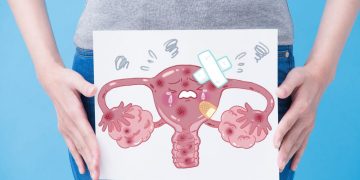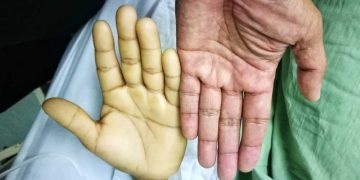Food used to be the best medicine in the past. We got a variety of food chains and restaurants now. Chinese, Continental, Italian, Indian, Thai and the list go on. This has not only created confusion in our minds, but also to our stomach. We consume many varieties of foods during weekends and vacations without really knowing what it is. We just consume it because it appeared delicious.
But the following day, we end spending most of our time making trips to the toilet. One of the main and major consequence of this modern lifestyle is food poisoning. So what are the ways to avoid it?
Food poison
The result of eating highly adulterated, spoiled, and foods that are rich in ingredients that will cause ill effects to our body is termed as food poisoning. Basically, food poisoning happens as a result of bacteria, virus, and parasites.
What are the symptoms?
Pain in lower abdomen, vomiting, lack of hunger, light fever, tiredness, headache are the major symptoms of food poisoning. Either one of these symptoms or all of it is expressed during it. It can be life threatening if the symptoms like diarrhea, high fever, high levels of dehydration, lack of consciousness, lack of urination continues for more than three days. So it is better to consult a doctor immediately.
Bacteria
On most occasions, food poisoning happens as a result of consuming foodstuff that is infected with bacteria. Bacterias like E-coli, Listeria, Salmonella are the major contributors. Additionally Campylobacter, C. Botulinum also leads to food poisoning.
Parasites
Food poisoning due to parasites is much less when compared to its occurrence due to bacterias. But parasites that spread due to food are more dangerous. Tocoplasma plays a major role in this type of infection. Parasites live in our digestive tracts. It affects our intestines when there is a reduction in immunity and during pregnancy.
Virus
A virus named Norovirus can lead to food poisoning. It can even get fatal, but it’s pretty rare. The symptoms expressed by Rota virus and astrovirus are pretty similar to one another. Hepatitis A may also lead to food poisoning.
How the infection starts
Microbes known as pathogens are commonly found in all types of foods. Most of it is destroyed when we heat or cook our food. Eating raw foods can lead to infections due to these pathogens.
Not keeping our hands clean while cooking can also lead to infection.
Water, meat, eggs, and milk can get easily spoiled so it’s quite easy to get food poisoned from these kinds of foods.
Who are most vulnerable to food poison
Food poisoning can happen to anyone. But when it happens in people with an autoimmune disorder, they can have problems with their immune system, and it can become more aggressive. Additionally, food poisoning can be quite dangerous for people with low immunity, kids, pregnant ladies and older people.
Tests
Tests for food poisoning usually involve blood, poop, and sometimes even tests on consumed food can also be conducted. This is usually done to identify the real source of the problem.
Treatments
Normally, for people who are healthy, it will cure itself within three to five days. In the case of diarrhea, there will be dehydration, so treatment will be given for maintaining the water level in the body. Usually, this will involve injecting electrolytes and glucose. This will protect our body from tiredness. Rest is the most vital part of the treatment.
What foods to intake while on food poisoning?
Patients with food poisoning usually experience vomiting and diarrhea so these people must avoid taking in foods that are hard to digest. It’s good to consume liquid foods like juices and porridge. Any food that is easy to digest can be consumed.
What foods to avoid?
Foods that are hard to digest must be avoided. Milk products, foods rich in fat content, preserved or packaged foods, foods rich in white sugar or added sweeteners, coffee, tea, fried, and deep fried foods, meats, and eggs must be avoided.








